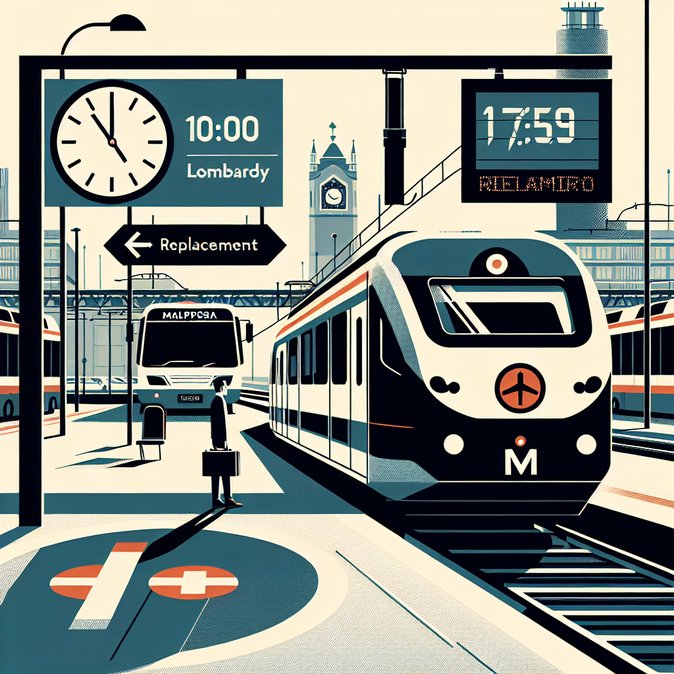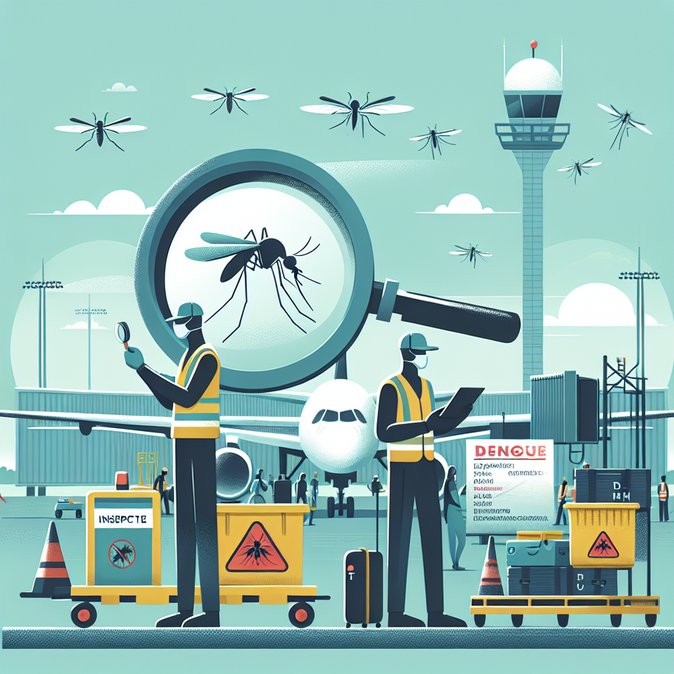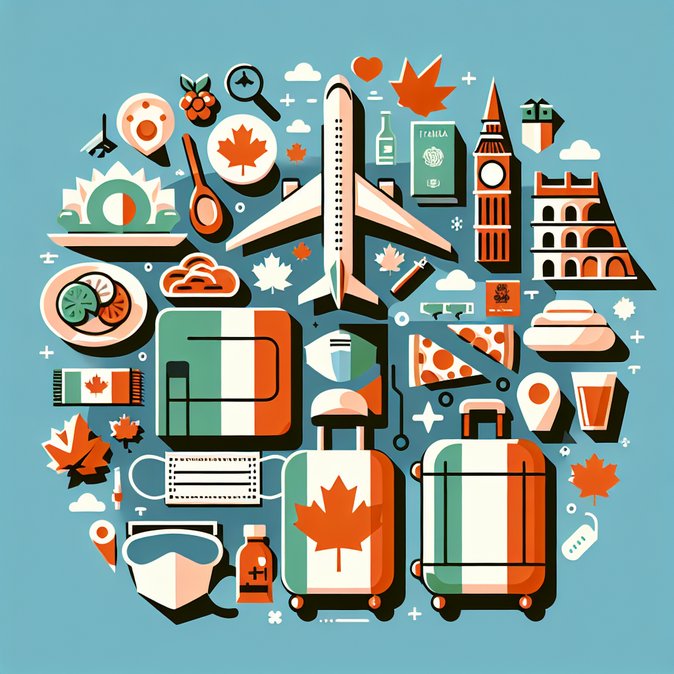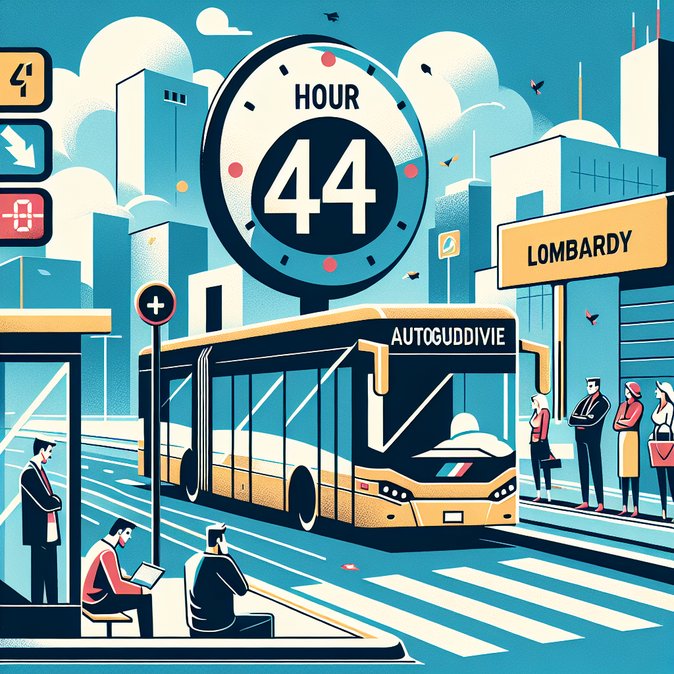
Just 24 hours before Sunday’s rail stoppage, Autoguidovie drivers staged a four-hour strike on Saturday 15 November from 18.00 to 22.00, paralysing local bus routes across the Lombardy region. The walk-out, which formed part of nationwide protests over wage stagnation and roster fatigue, stranded weekend travellers and shift workers trying to reach Milan’s suburbs and industrial parks.
Autoguidovie operates critical feeder lines that connect satellite towns such as Pavia, Voghera and Cremona with Milan’s metro network. The absence of evening services forced many passengers to rely on ride-hailing apps or private taxis at peak tariff, raising mobility costs for employers that reimburse late-shift transport.
![Evening Bus Strike Hits Lombardy Commuters on 15 November]()
While the limited four-hour window spared most daytime tourism flows, the strike illustrates how Italy’s highly fragmented local-transport system can create last-minute headaches for relocation teams and assignees who depend on public transit to commute from more affordable housing markets into Milan.
Multinationals with plants or logistics hubs in the Po Valley should review emergency transport allowances and communicate contingency options—particularly for blue-collar assignees who may not have access to corporate cars.
Autoguidovie operates critical feeder lines that connect satellite towns such as Pavia, Voghera and Cremona with Milan’s metro network. The absence of evening services forced many passengers to rely on ride-hailing apps or private taxis at peak tariff, raising mobility costs for employers that reimburse late-shift transport.
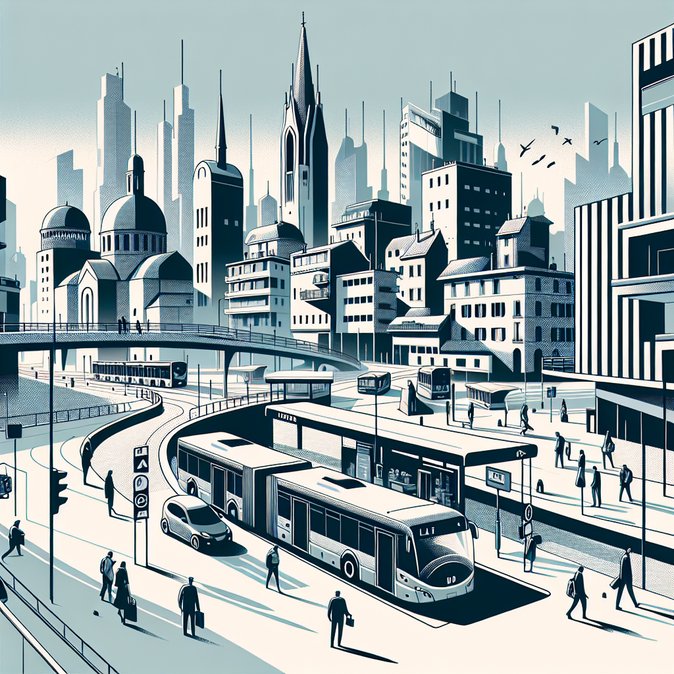
While the limited four-hour window spared most daytime tourism flows, the strike illustrates how Italy’s highly fragmented local-transport system can create last-minute headaches for relocation teams and assignees who depend on public transit to commute from more affordable housing markets into Milan.
Multinationals with plants or logistics hubs in the Po Valley should review emergency transport allowances and communicate contingency options—particularly for blue-collar assignees who may not have access to corporate cars.
